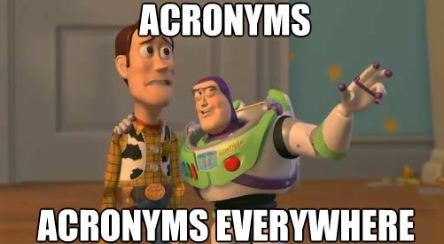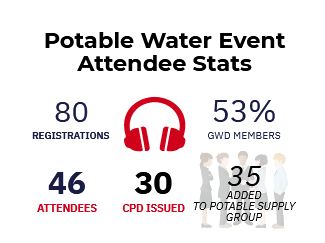Event Debrief: Selection of small water treatment systems for potable water supply to small communities (GWD ECAPE)
Event Debrief: Selection of small water treatment systems for potable water supply to small communities (GWD ECAPE)

SACNASP CPD EVENT
Talk Abstract:
Small water treatment plants are defined as water treatment systems that have to be installed in areas that are not adequately serviced and do not normally fall within the confines of urban areas. They are therefore mostly used in rural and peri-urban areas and include chlorination plants for water supplies from boreholes and springs, small treatment systems for rural communities, treatment plants of small municipalities, and treatment plants for establishments such as rural hospitals, schools, clinics, forestry stations, etc. Most of these applications require small plants of less than 2.5 ML/d (although plants of up to 25 ML/d may sometimes also fall into this category).
The decision-maker selecting one of these small water treatment plants has a great number of local and international system designs to choose from. Especially in the case of the novel and emerging systems, very little may be known of these systems in terms of cost, efficiency, and applicability to the intended application. Supplier information may be sketchy or promising new technologies have not yet been fully evaluated under South African conditions. Socio-economic factors are also very important and should be taken into account in the selection of small water treatment systems in order to ensure sustainability.
Although some evaluation of a selected number of small water treatment plants has taken place under previous WRC projects (WRC Report No 450/1/97: Package water treatment plant selection, and WRC Report No 828/1/01: Field evaluation of alternative disinfection technologies for small water supply technologies), a number of other small water treatment plants, available on the international market, have not yet been assessed in any way for possible (beneficial) application in South Africa. This study is therefore seen as complementing existing guidelines in providing assistance in the selection and operation of specific small water treatment systems being marketed for the treatment of potable water for small communities.
A number of local and international studies have shown that the selection of the correct water treatment system is but a first step in ensuring a sustainable supply of potable water to small communities. Following the correct operation and maintenance procedures is of even greater importance for ensuring the sustainability of the water supply. Although most suppliers of small water treatment systems provide their clients with some operational and maintenance guidelines, these may not be exhaustive, or certain important generic aspects may not be covered. Information on operation and maintenance aspects will be of significant value to the owners and operators of such small water treatment systems.
About the Speaker
Christian D Swartz is a consulting water utilization engineer specializing in drinking water treatment and water supply projects, and water reclamation and reuse. He holds degrees in Civil Engineering and a Masters in Water Utilization Engineering from the University of Pretoria. He is a registered professional engineer and previously worked at the CSIR as a senior research engineer and project manager on numerous projects in the drinking water treatment field. He started his own private consulting engineering practice, Chris Swartz Water Utilization Engineers, in 1991 in Mossel Bay, and later also opened an office in Durbanville, Cape Town. Chris Swartz has more than 28 years’ experience in the water industry. Areas of expertise include project management on water supply projects, evaluation of water treatment technologies, evaluation of water and wastewater treatment plants, water reuse and desalination schemes, risk assessment and risk management, rural water supply, and lots more.
Chris, your talk just again highlighted the need for knowledge sharing, and thank you for sharing so freely. This insightful, topical talk is packed with information and we all appreciate your time with us!
Q & A Session
Connan Hempel (SRK Consulting) Q - via registration form: How would these systems deal with issues like elevated Arsenic & Fluoride?
Melissa Lintnaar-Strauss (DWS) Q: Chris, how many commercial labs are available in SA to test for the EDC`s and pesticides and what are the costs of tests?
Greta Pegram (Private) Q: What are your thoughts and how do you recommend removing substances such as hormonal or prescriptive medications that are increasingly being found in waste water discharges?
Sizwe Mabilisa (Private) Q: Deep rural communities who usually get their drinking water from rivers usually boil the water before drinking. How effective is this most? what other cost effective solutions can they explore?
Maphuti Kwata (CGS) Q: Since the small rural communities are using underground water such as wells and boreholes as a water supply for drinking purposes with regard to leakage of CO2 which might be stored /contaminate underground water. What are the technologies/mitigation measures that could be used to prevent /reduce the CO2 as the contaminants /leakages to the under groundwater?
Sumaya Israel (UWC) Q: Is your talk more related to municipal treatment? As small rural communities may require point of use type treatment methods (filtration systems within the household).
Sumaya Israel (UWC) Q: Would you recommend in situ or ex situ application of the methods outlined?
